Rehabilitation of arable lands through reconstruction of tertiary irrigation system, provision of farming machinery and enhancing local capacity in sustainable land management in Tavush community of Tavush region

Project Details & Results
The project aims at combatting land degradation and reducing local poverty through creating preconditions for sustainable land management in Tavush community of Tavush region. The community is located in a logistically isolated region, where agriculture is the main source of household income. Currently, over 400 hectares of arable lands are not cultivated and exposed to gradual degradation due to lack of irrigation network and agro machinery. Significant leakages from deteriorated main irrigation pipeline and existing earth-made tertiary irrigation system wash out the fertile soil layer resulting in land erosion. As a feasible solution to this problem, the project plans to design and construct a highly efficient closed type gravity flow irrigation network, which fits the terrain with 5-10 degree of slopes. In parallel, Fund for Armenian Relief (FAR) will support the community to purchase a new agricultural machinery for cultivation of fragmented community farmlands in a consolidated and sustainable manner.
The project will address complex socio-economic and environmental issues of the target community through provision of new agro machinery, modernization of the tertiary irrigation system and enhancement of local capacities to implement sustainable land management practices. The latter will be achieved through a series of trainings on land consolidation and unified tillage approach, scheduled irrigation for sustainable water use as well as global environmental issues addressed by the GEF.
The project will be implemented in partnership with FAR within its Breaking the Cycle of Poverty in Tavush region project. FAR will contribute the tractor and provide administrative support BWRC.
Project Results
The project will produce the following major results:
1. Highly efficient closed type gravity flow irrigation network (4 km-long) to irrigate at least 180 hectares of arable lands, of which 100 hectares previously not cultivated is designed and constructed;
2. New agro machinery for consolidated land cultivation is provided;
3. Local awareness and knowledge on sustainable land management and global environmental concerns are raised;
4. Preconditions for additional income for about 200 households (at least US $100 from each hectare) are created.
The project aims at combatting land degradation and reducing local poverty through creating preconditions for sustainable land management in Tavush community of Tavush region. The community is located in a logistically isolated region, where agriculture is the main source of household income. Currently, over 400 hectares of arable lands are not cultivated and exposed to gradual degradation due to lack of irrigation network and agro machinery. Significant leakages from deteriorated main irrigation pipeline and existing earth-made tertiary irrigation system wash out the fertile soil layer resulting in land erosion. As a feasible solution to this problem, the project plans to design and construct a highly efficient closed type gravity flow irrigation network, which fits the terrain with 5-10 degree of slopes. In parallel, Fund for Armenian Relief (FAR) will support the community to purchase a new agricultural machinery for cultivation of fragmented community farmlands in a consolidated and sustainable manner.
The project will address complex socio-economic and environmental issues of the target community through provision of new agro machinery, modernization of the tertiary irrigation system and enhancement of local capacities to implement sustainable land management practices. The latter will be achieved through a series of trainings on land consolidation and unified tillage approach, scheduled irrigation for sustainable water use as well as global environmental issues addressed by the GEF.
The project will be implemented in partnership with FAR within its Breaking the Cycle of Poverty in Tavush region project. FAR will contribute the tractor and provide administrative support BWRC.
Project Results
The project will produce the following major results:
- Highly efficient closed type gravity flow irrigation network (4 km-long) to irrigate at least 180 hectares of arable lands, of which 100 hectares previously not cultivated is designed and constructed;
- New agro machinery for consolidated land cultivation is provided;
- Local awareness and knowledge on sustainable land management and global environmental concerns are raised;
- Preconditions for additional income for about 200 households (at least US $100 from each hectare) are created
.png&w=3840&q=75)
Subscribe for our news
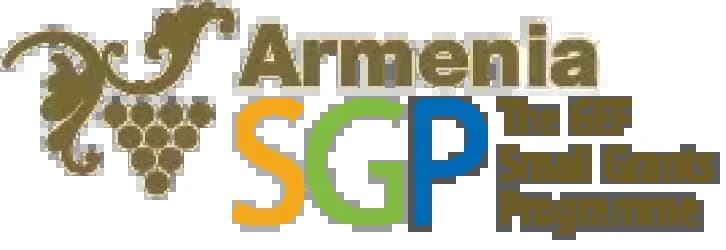


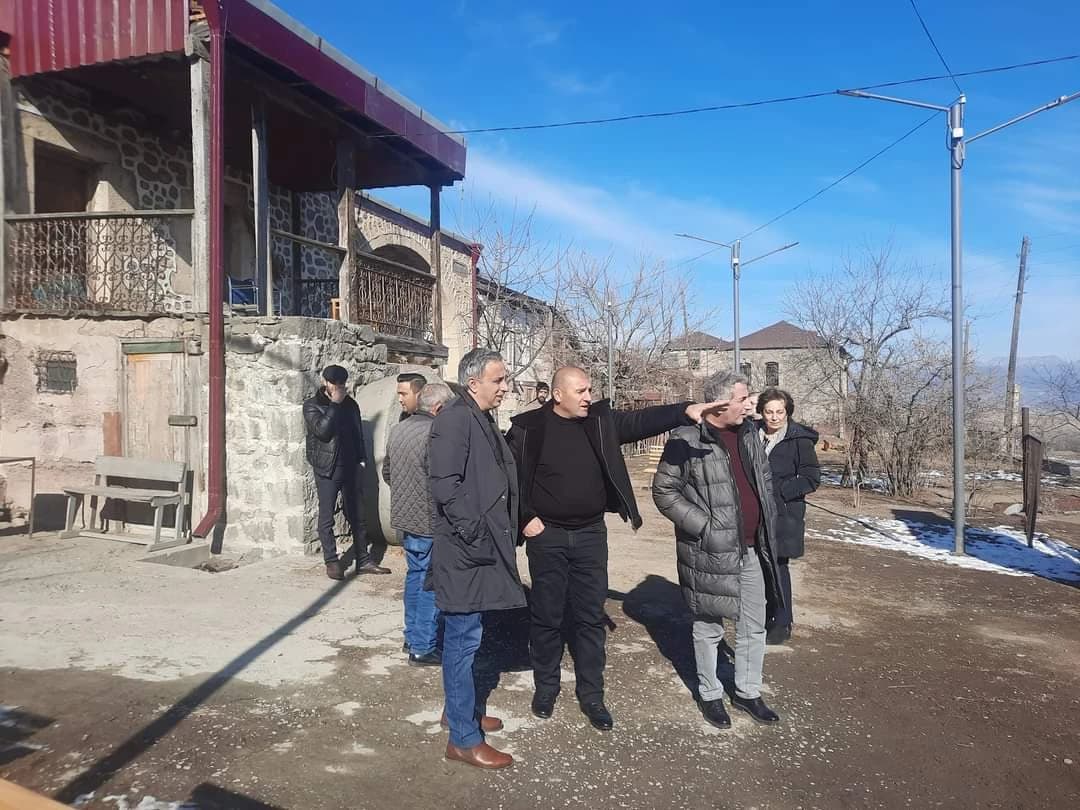
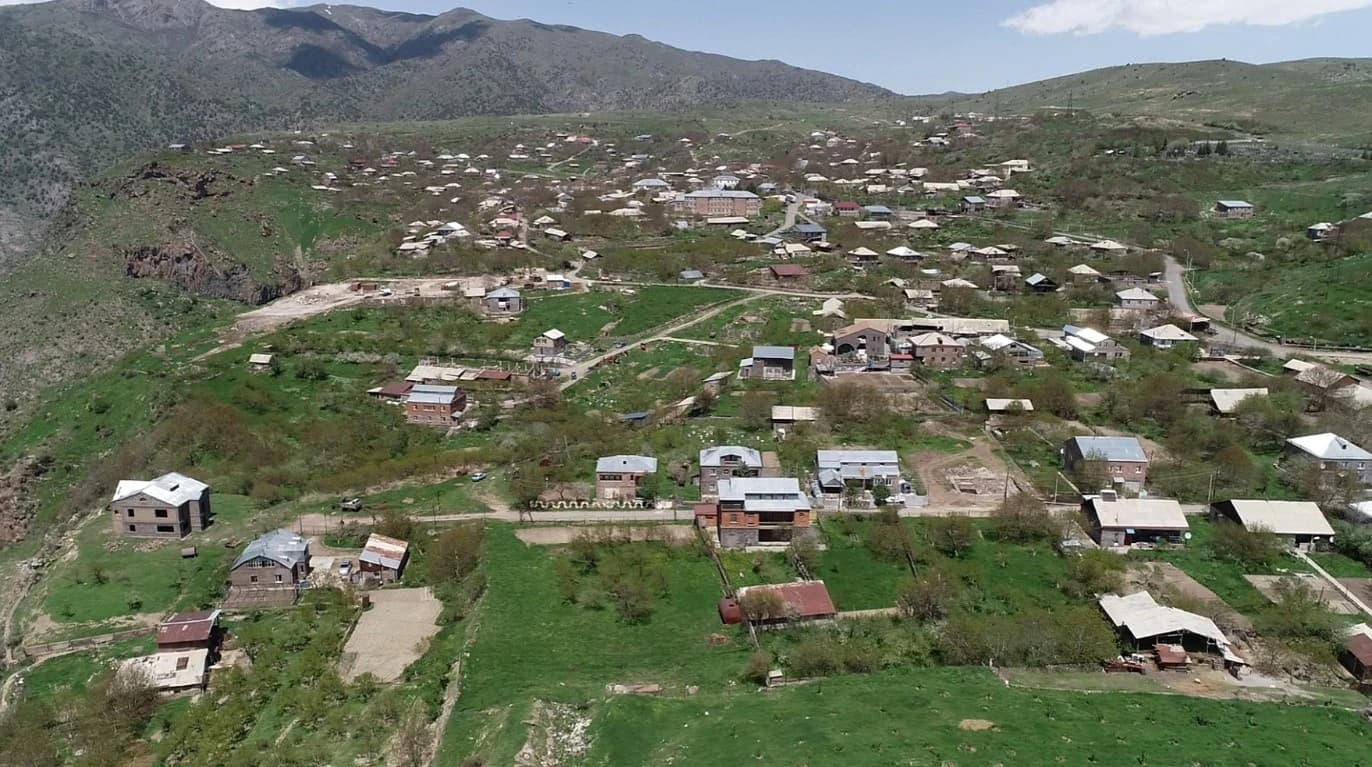
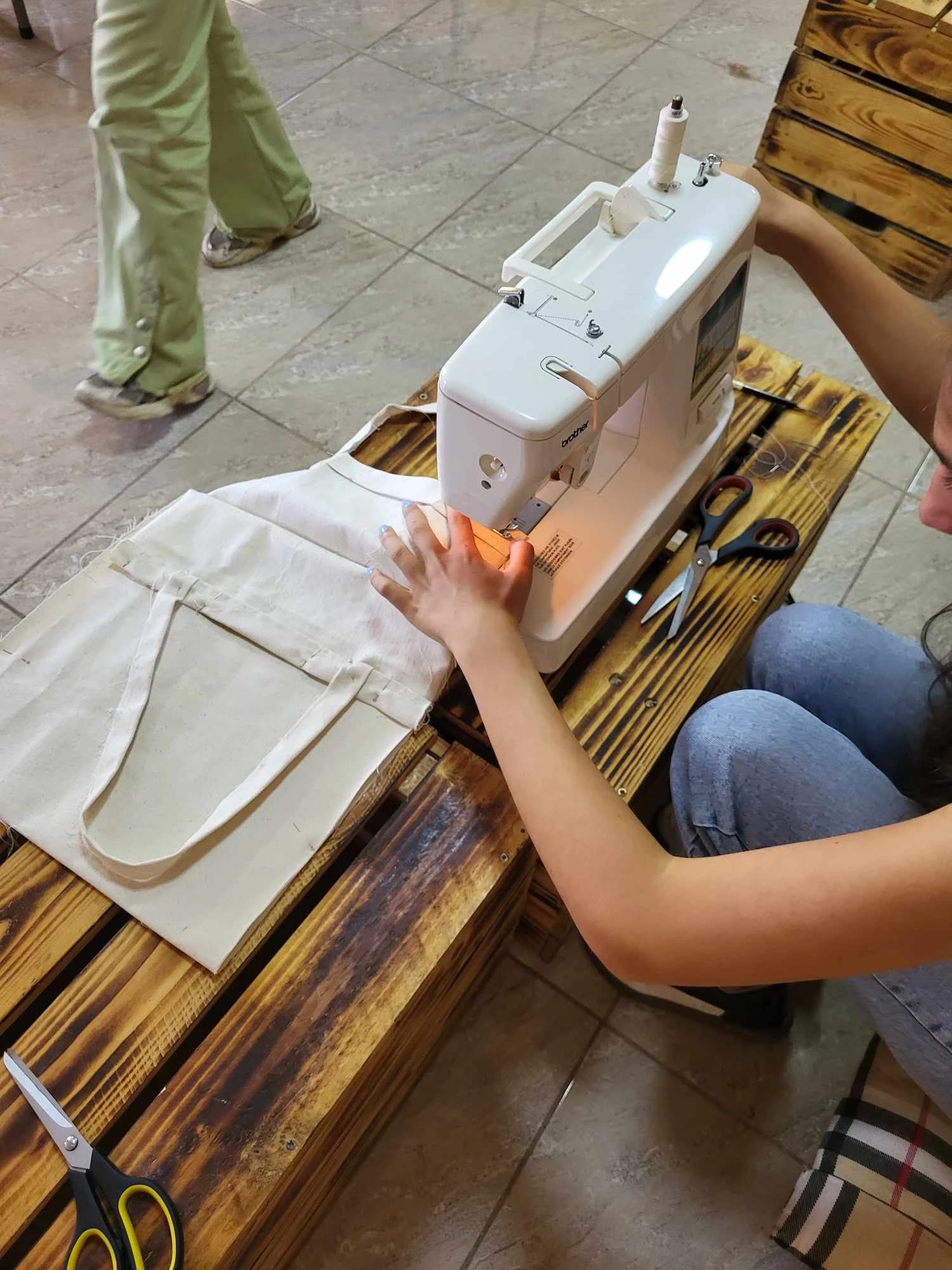
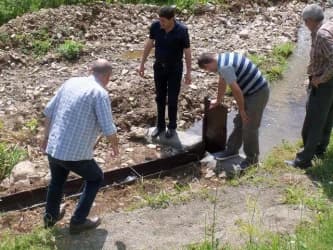
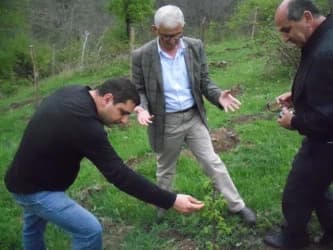
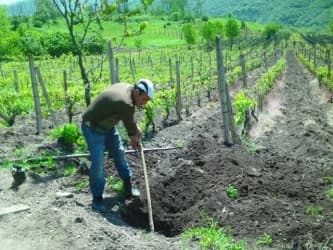
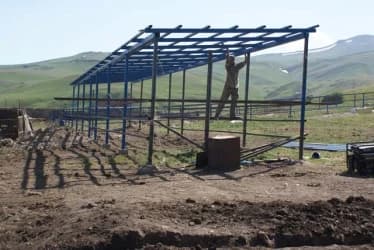
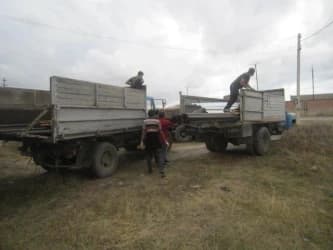
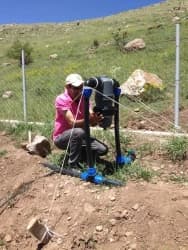
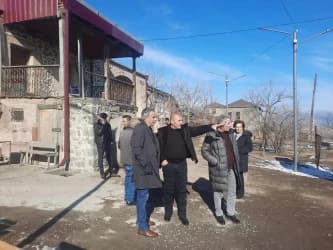
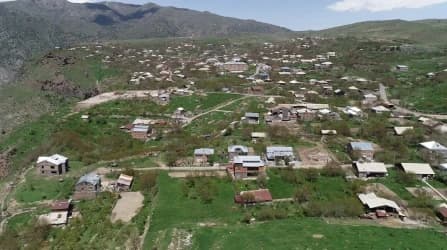
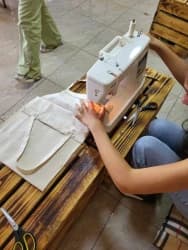
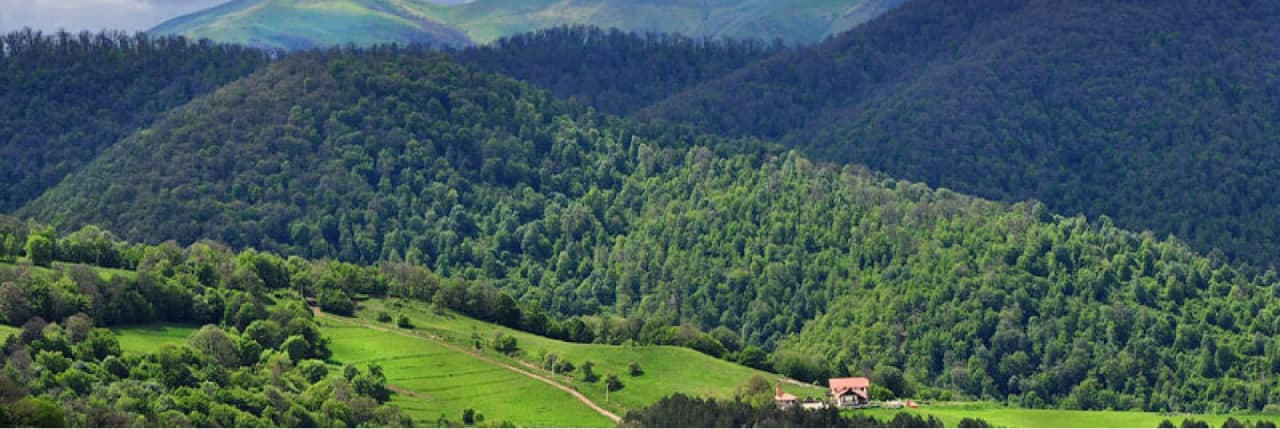
.png&w=3840&q=75)
